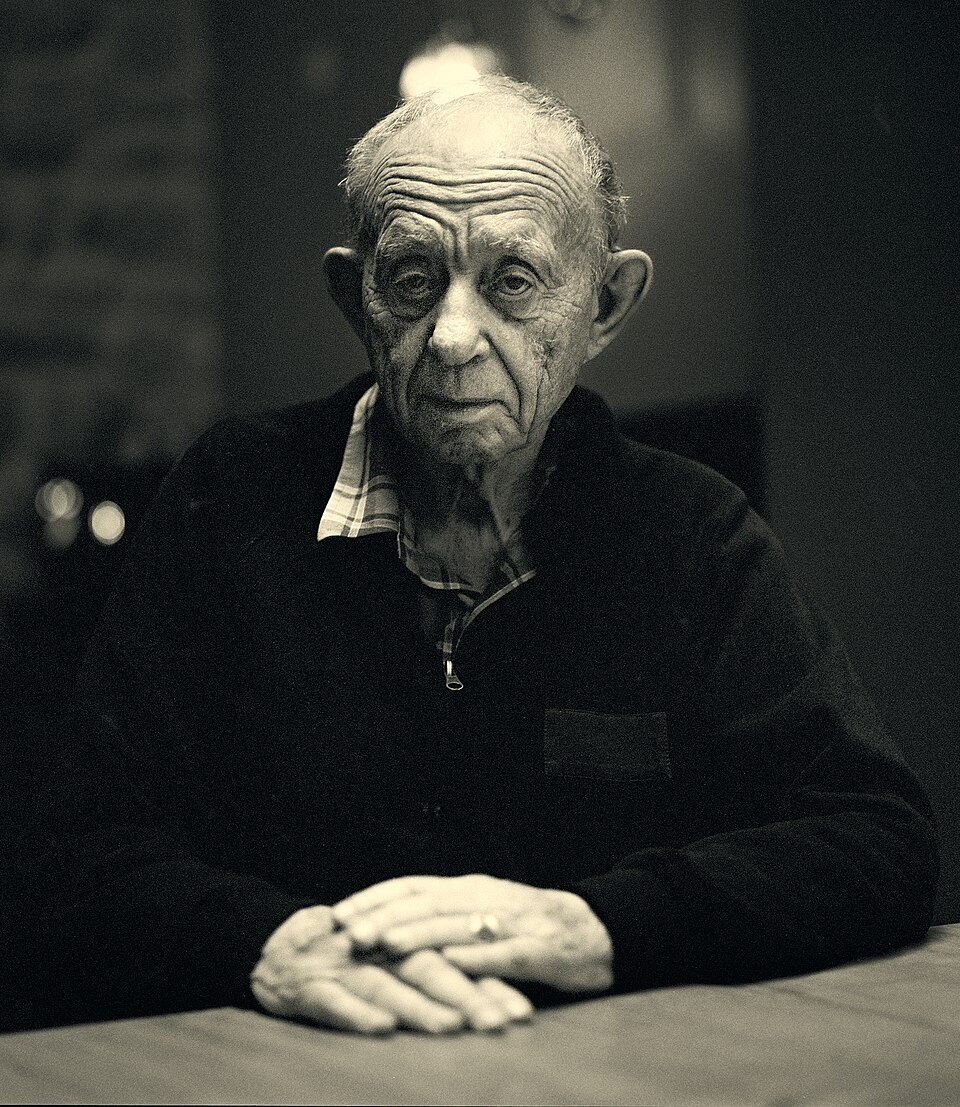How Writers Write While Raising Human Beings, Part 3
October 16, 2018
Lifting the veil on how writers write (or take hiatuses from writing) while raising families is important. The false dichotomy that is often presented, especially to women—either write or parent—is a toxic, non-inclusive way of thinking. As the late writer Ursula K. Le Guin put it, “Another thing that I’ve found … [is that] women who write, who have children, their work tends to get ‘disappeared.’ They’re not quite respectable. The few women who are counted part of the great canon of English literature tend to be childless and often unmarried. … I have to say, the men seem to prefer it that way.”
In The Mother of All Questions, Rebecca Solnit recounts an interview where a British man hounded her about her childfree status during a literary interview instead of focusing on questions about her books. I mention Solnit, who I admire, because the questions I ask in this third piece of a three-part series (Part 1 and Part 2) examining how “writers write while raising human beings” are emphatically not a condemnation of writers who choose to not have children (or do not choose, but rather biology, finances, fate, and/or hard circumstances prevail).
Honestly, for a long time, I belonged to the latter category. I remember thinking about how many people, both men and women, assumed my life would be meaningless without a child, and that is deeply problematic. Male writers are typically not questioned about fatherhood or asked if they have children. Such questions would be considered strange, even rude, as they should be for any writer regardless of gender.
All of this is to underscore what Solnit wrote, “We speak as though there is one good plot with one happy outcome, while the myriad forms a life can take flower—and wither—all around us.” The same can be said for writers who parent.
So, in this final meditation of the series, I share a few voices of contemporary writers who write and parent. The questions I asked via Twitter were twofold:
- What jobs have given you the freedom to write & parent?
- Also, what jobs have not worked for you as a writer & parent?
The varied responses I received from writers I admire, reminded me, and will hopefully remind others, too, that there is no universal solution to this creative tension, there is no one “right” way to create, work, and parent. Anyone interested in this topic, would also likely enjoy listening to the late Ursula K. Le Guin’s interview with NPR’s Terry Gross.
- “Most? All? Admittedly, I’m not on the typical parenting track–four boys, three with autism, but writing in general and paid writing specifically took a backseat about six years ago. At some point I realized I needed to sleep.” —Erin Clotfelter, writer and blogger; Twitter: @TheSlackrMom
- “I’ve been a stay home mom/homemaker the entire time since I decided to give this writing thing a go, which gives me a bit of freedom, yes. But also, no real days off. But it’s been a blessing, fersure.” —Leesa Cross-Smith, author of one of Oprah’s Top Books of Summer 2018, Whiskey & Ribbons, and the short story collection Every Kiss a War (Cross-Smith also has an awesome interview with Cari Luna, which comforted me deeply when I started pondering how and when writers with small children write); Twitter: @LeesaCrossSmith
- “My kids are all pretty young and since the first one was born my job has let me adapt my schedule to fit life with three boys four and under! I’m very lucky to work from home part of the time. Now finding time to write, that’s the real struggle!”—Josh Denslow, author of a forthcoming collection of short stories, Not Everyone is Special, drummer in Borrisokane, and filmmaker; Twitter: @JoshDenslow
- “Teaching as a single parent and writer had to go. Now, I’m starting over career-wise and salary-wise at 41, and it’s terrifying. But I have time for my kiddo and my writing in a way I never had.” —Sarah Kuntz Jones, Pushcart-Prize nominated writer; Twitter: @sarahkuntzjones
- “I quit my job directing a nonprofit nine months after I had my son. Now, four years later, I’ve figured out a nice balance of part-time editing and arts programming and parenting. It’s been a hard road though.” —Rachel Yoder is an award-winning writer, founding editor of draft: the journal of process, and host of the podcast The Fail Safe; Twitter: @yoderama





